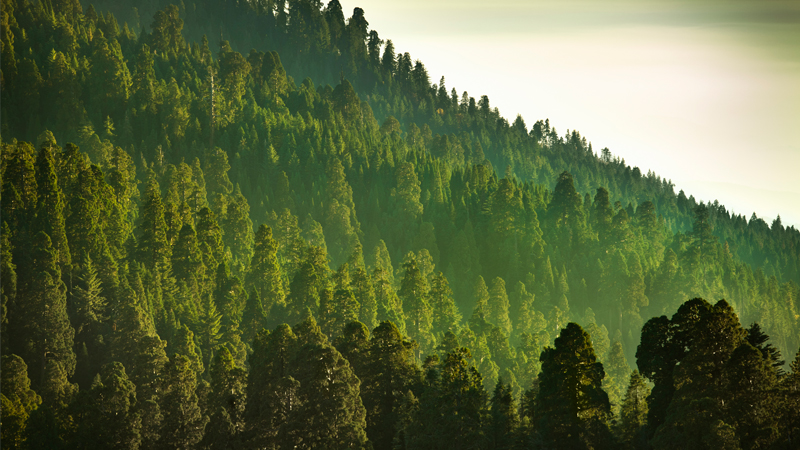The BBC reports that climate change will kill everything cute and cuddly while cockroaches reign supreme. Which sounds disgusting. But there’s a silver lining, sort of: The piece starts by quoting a molecular biologist at the University of Sheffield on what will survive that “I don’t think it will be the humans. I think we’ll go quite early on”. So we’ll be spared the rats, giant poison ivy, jellyfish the size of refrigerators and above all the swarms of disgusting cockroaches because we’ll be dead. Unless the whole thing is just poison-oak-picking rubbish.
To begin with, as we’ve complained before, “news” about climate change increasingly concerns bad things that might be going to happen instead of events that, for better or worse, really did happen. And this BBC story eventually gets around to admitting that it’s basically as reliable as an Ouija board:
While the seriousness of climate change is undeniable, it’s impossible to know exactly how those effects will play out for species vulnerability, especially far into the future. Methods of forecasting vulnerability are ever evolving, while limited and inconsistent data, plus the complex interactions of policies, land-use changes, and ecological effects, mean that projections aren’t set in stone. Climate change vulnerability assessments have had biases and blind spots (just as humans do more generally). (Read more about how our cognitive biases prevent climate action). Moreover, the indirect effects that are responsible for many climate change impacts on populations, such as in the food chain, are more complex to model than direct effects.
Apart from that it’s solid. Sufficiently solid for them to assert that one in four species is going to go belly-up. And predictably, as we’ve noted before, it’s going to be the ones you want around. (Thus in an unrelated Guardian story, climate change is starving the reindeer. But of course if you google “climate change” and “black widow” you get “Venomous northern black widow spiders are being spotted farther north than they've ever been found before… most likely due to climate change”, courtesy of the CBC.)
Also predictably, the BBC singles out for swift extermination those unbearably cute Koalas (predictably pictured) because “eucalyptus leaves… are becoming less nutritious due to increasing CO2 levels in the atmosphere”. On the plus side, American deer might make it. Along with thermophile bacteria in volcanic springs. But reptiles look ready for the chopping block because “ectotherms (cold-blooded animals like reptiles and amphibians)… have historically been slower to adapt to climatic change than endotherms.” And possibly no vertebrates in all will survive in Africa except blind café fish deep underground. Or maybe just microbes.
Pretty bleak, huh? And indeed the piece sums the scenario up by quoting “Jamie Carr, an outreach officer for the Climate Change Specialist Group of the IUCN Species Survival Commission” that “It doesn’t sound like a very pretty world.”
No, it doesn’t. But they’re just making it all up because, for instance, we know that the world was a lot warmer during the Jurassic and if you think Stegosaurus was a microbe, an underground fish or an invertebrate your brain has already gone extinct.
As Eric Worrall observes acidly in a commentary about this piece, “Anyone who thinks reptiles have a problem with warm temperatures has never visited Australia.” And at the risk of being all nit-picky and scientific we feel obliged to add that reptiles have existed for over 300 million years and, despite their clunky ectothermal inadaptability, somehow survived three mass extinctions (the Permian-Triassic, Triassic-Jurassic and the Cretaceous-Paleogene, the last of which finished off all those warm-blooded non-avian dinosaurs), blew through the various Pleistocene glaciations, and are now found everywhere except Antarctica.
So we’re to believe a couple of degrees of slow warming will kill them all. How does this stuff get published?


